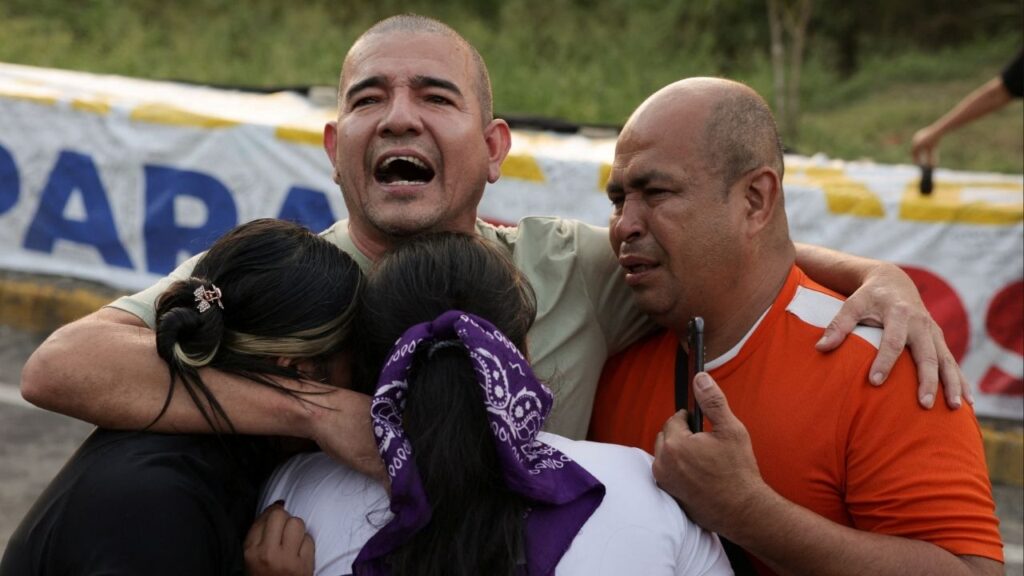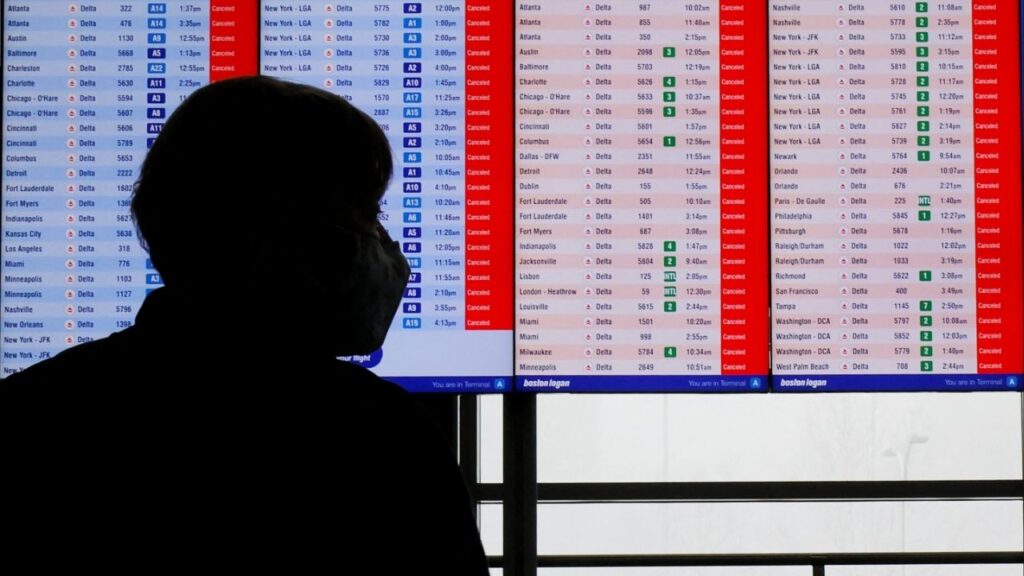Share
Marsha Conant was surprised to learn she’d have a role to play in the final step needed to confirm the next president and vice president of the United States.
The Fresno woman has been picked to serve as a member of the Electoral College and will cast one of California’s 55 designated votes on December 14.
“I did not seek it out. I got a call from Congressman Costa asking me if I would represent him and his electorate,” Conant said.
Conant is a member of the Fresno County Democratic Central Committee and the Fresno chapter of the National Women’s Political Caucus, as well as other Democratic groups.
“I did not seek it out. I got a call from Congressman Costa asking me if I would represent him and his electorate.”–Marsha Conant, Fresno Elector
“I’ve never had this experience before,” said Conant. “Like most people, I’m having to look things up and see what what are we going to do.”
The Electoral College consists of a total of 538 members, one for each U.S. Senator and representative, and three additional electors representing the District of Columbia.
Conant is aware of President Donald Trump’s attempt to involve GOP-controlled legislatures dismissing Biden’s popular vote wins in their states and opting to select Trump electors. She does not believe that will happen. (The Associated Press reports Republican leaders in four critical states won by President-elect Joe Biden say they won’t participate in any attempt to flip their state’s electors.)
“I think that everything will be fine,” says Conant.
Meets December 14 in Sacramento
Conant says she doesn’t really have to do anything else before December 14. That’s the day she’ll drive up to the state Capitol and be present in the Assembly Chambers at 2 p.m.
She’s disappointed she won’t be able to bring friends to experience the unique event along with her, but she plans on taking pictures to share.
“I know that everybody will wear masks and we will be separated,” says Conant. “There are several ballots that we have to sign that will go to Congress.”
Electors meet in their respective states and districts, rather than together as one large Electoral College entity.
Voting With Hillary Clinton
2016 Democratic presidential nominee Hillary Clinton announced in late October that she is also one of the 538 electors in the Electoral College.
The Process
According to the Associated Press, the Electoral College process just begins on December 14, before several other steps that leading up to the Presidential Inauguration.
— Dec. 14: Electors vote by paper ballot in their respective states and the District of Columbia. Thirty-three states and D.C. have laws or party regulations requiring electors to vote the same way the popular vote goes in the state. In some states, rogue electors can be replaced or subjected to penalties, according to the Congressional Research Service. The votes for president and vice president are counted and the electors sign six “Certificates of the Vote.” The certificates, along with other official papers, are sent by registered mail to various officials, including the president of the Senate.
— Dec. 23: The certificates must be delivered to the designated officials. If they are not delivered, the law provides alternative avenues for getting the results to Washington.
— Jan. 6: The House and Senate hold a joint session to count the electoral votes. If one ticket has received 270 or more electoral votes, the president of the Senate, currently Vice President Mike Pence, announces the results. With the verdict in some states still to come, Biden already has won enough states to be awarded more than 270 electoral votes.
Members of Congress may object to returns from any state as they are announced. Objections must be made in writing by at least one member of the House and one in the Senate. If the objection meets certain requirements, each chamber meets separately to debate the objection for a maximum of two hours. Afterward, each chamber votes to accept or reject the objection. Back in joint session, the results of the respective votes are announced. Any objection to a state’s electoral vote has to be approved by both houses in order for any contested votes to be excluded.
If neither presidential candidate got at least 270 electoral votes, the House would decide the election, based on the 12th Amendment to the Constitution. If required, the House would elect the president. Each state delegation has one vote and it takes 26 votes to win.
— Jan. 20: Biden takes the oath of office on Inauguration Day.
(The Associated Press contributed to this story.)
RELATED TOPICS:
Categories



















